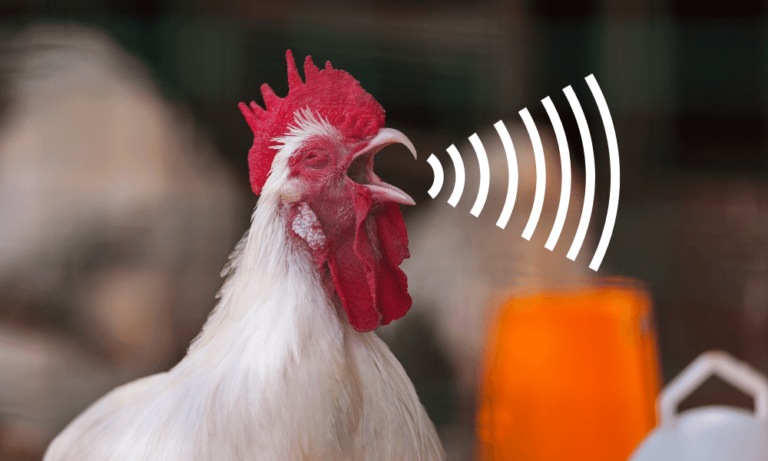In an effort to downsize phone cameras, scientists are looking to the natural world.
The challenge: how can the next generation of cameras still see in 3D while taking up as little space as possible?
The answer might lie with spiders. Jumping spiders, in particular. The tiny arachnids don’t have the same room in their heads the camera on your phone occupies, but they are still able to see in three dimensions.
Instead of using multiple eyes to capture slightly different images and comparing the differences, each eye has multiple layers of retinas, each able to see the object with various clarity.
Researchers at Harvard have used this concept to create a system that can sense depth without traditional camera components. This has led to an extremely efficient and compact system, providing a glimpse of what might be possible in the future.
When I read this, I immediately think about the difference in tech between what the government has access to and what the public knows about. While this paper was publsihed by Harvard, what if this tech was already developed for the government? Put your conspiracy theory hat on think it through.
With small, tiny cameras, that are ultra efficient, there could be all sorts of surveillance systems in place, drawing on everything from light to chemical energy. While this is a reach, it could create a plausible surveillance state for a dystopian story. This would be a small part of the story, an explanation for how the tiny cameras were developed, but small details like this give a science fiction story some semblance of being grounded in reality.
This could also be used to explain the next generation of camera phones. Without so much of the processing power going to the camera, it would be possible to commit more energy to other tasks, like increased location accuracy for an alternate reality.


